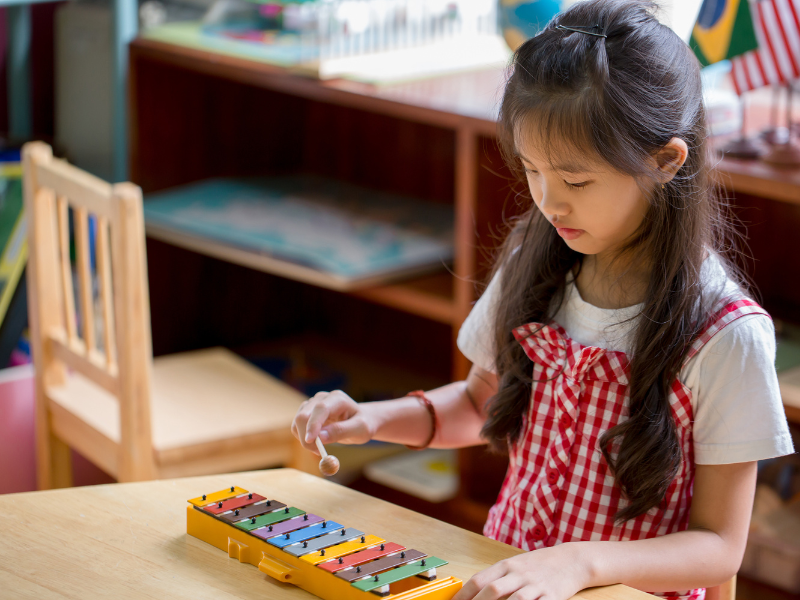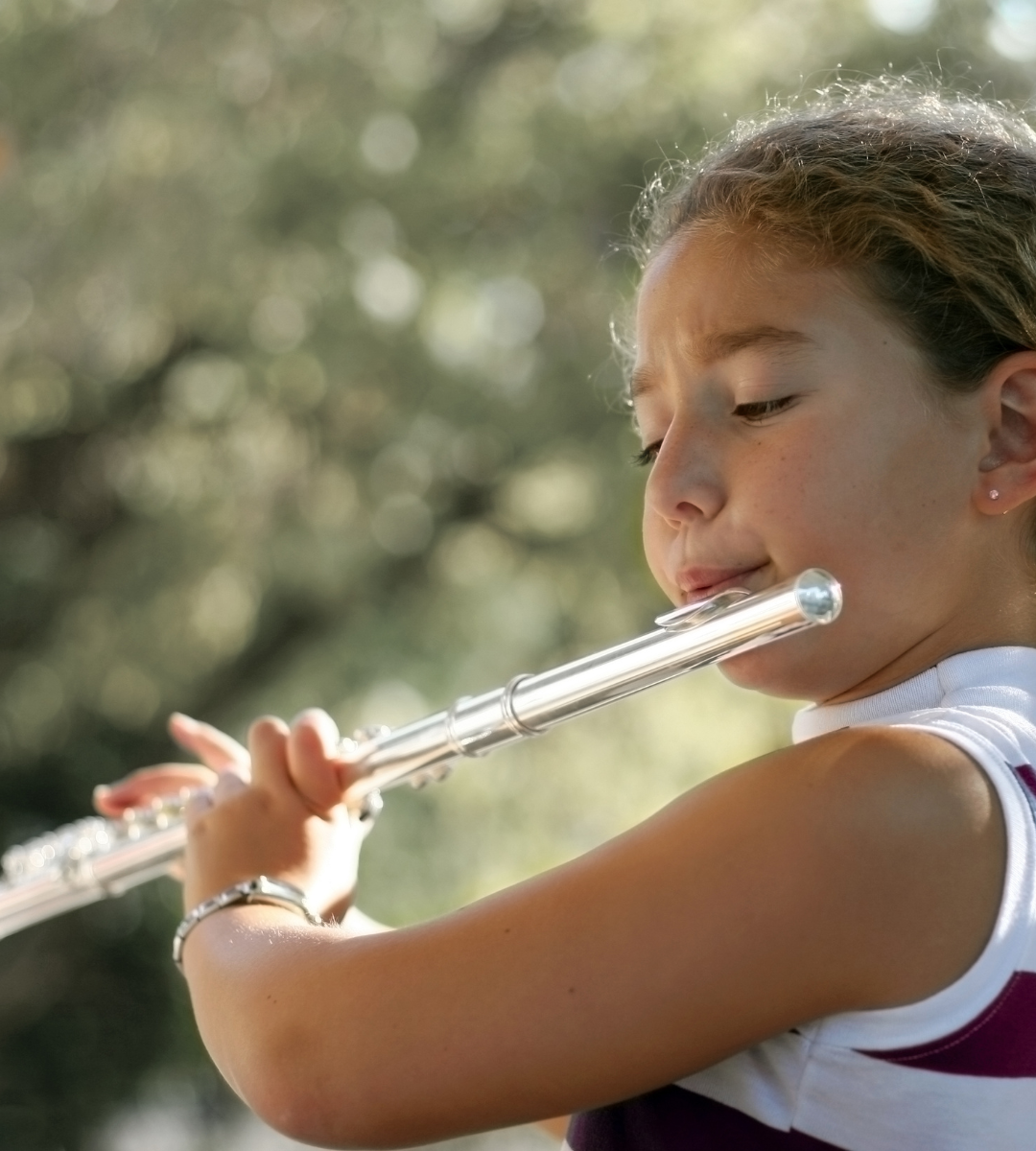Music Learning Helps Learning Difficulties

The connections between music learning and learning difficulties such as ADHD, as well as the research around these areas is a highly requested topic at BBB. We are always looking for ways to enhance your knowledge of the topics you are most interested in, so we are excited to announce the release of our ‘Music Learning Helps Learning Difficulties’ series.
The ‘Music Learning Helps Learning Difficulties’ series consists of three information documents to provide you with the research behind how music learning helps a particular area of learning. The series includes the following topics:
How Music Learning Helps ADHD
How Music Learning Helps Autism
How Music Learning Helps Dyslexia
Each area of learning contains an Infographic, a Research Summary and a PowerPoint with extensive notes to help you present confidently. Each document presents the research in different and engaging ways for you to use with your different audiences. We’ve added some previews here for you to see.
To introduce this series, we have released a professional reading titled ADHD and Music Learning, where we discuss the study of ADHD and music learning and discuss an interesting paper on the connections between the two. Here is a preview!

Music Learning Helps Learning Difficulties Series
Our infographics act as a great visual to remind your students, parents or school leaders of the important role music learning plays in benefiting other areas of learning. BBB Members can download this infographic for free to print or use in digital media. We have paired these with the PowerPoints and research summaries so that you can maintain that consistent message and look, delivered in different ways.
Here is a sneak peak at one of our ‘Music Learning Helps Learning Difficulties’ infographics.

Research Summaries
Some school leaders don’t have time for a powerpoint presentation and may need a quick and comprehensive summary of the benefits your music program is offering to students of your school. The research summary is the perfect resource for you. Written by Dr Anita Collins, these research summaries breakdown and explain the neuroscience behind the different benefits of music learning for learning difficulties. You can also include these in newsletters or other communication mediums with your parents.

Playing a wind instrument doesn’t just build tone and technique, it may also help regulate stress and improve sleep. New research links steady breath-sound patterns in wind playing to nervous system regulation, offering a powerful way to connect music learning with wellbeing.
This article empowers parents to advocate for music learning in schools by highlighting both its joyful impact and its proven cognitive benefits. It offers key research-backed talking points to help make the case for music as essential to every child’s education and every school’s success.
A ski instructor once said, “Musicians always learn to ski easily.” That idea intrigued me. Research shows music training sharpens spatial awareness, rhythm, problem-solving, and sensory integration, the very skills that might make skiing (and maybe other sports) come more naturally.
Singing in schools supports language learning, strengthens social bonds, and helps newcomers adapt, and with our science-based music education resources, music teaching materials, and neuromusical learning tools, teachers can unlock the cognitive benefits of music learning.
This blog shines a spotlight on the inspiring stories featured in our latest Fireworks magazine, celebrating the powerful impact of music teachers around the world.
As a music teacher, how often have we heard the phrase, “I have to skip rehearsal, I have a test”? In my school, as in many schools, we have our only rehearsal time in the morning prior to school starting, and I hear this comment regularly through the school year.
This blog explores the quiet power of Stealth Advocacy, subtle, repeated messages that shape how others see music education. From hallway posters to one-liners in newsletters, these small signals work in the background, shifting mindsets over time. If you’re too busy to launch a campaign, this is the kind of advocacy that speaks for you, even when you’re not in the room.
This blog invites music educators to slow down just enough to notice and name the everyday moments that show the power of music learning. From quick chats with parents to check-ins with students or school leaders, these small interactions are golden opportunities to advocate for music education.
In our drive to advocate for music education, it’s easy to focus on public performances, programs, or policies. But real advocacy often begins in quiet moments with students, their stories, and their shifting motivations. This blog explores how listening, noticing, and building trust can turn everyday teaching into powerful, student-centered advocacy.
What if music advocacy wasn’t an event, but a habit?
In the bustle of rehearsals, lessons, and emails, advocacy often gets pushed to the margins. But what if we made it part of our everyday teaching language? This post shares four simple ways to weave music advocacy into daily practice, from quick phrases and bold visuals to shared reflections with colleagues. Small actions, repeated often, can shift how music learning is seen and valued.
Making music together does more than build skills—it builds friendships.
Research shows ensemble experiences activate empathy and connection, helping students feel they belong. From choirs to community bands, music is where friendships grow.
Founder of Bigger Better Brains, Dr Anita Collins, receives hundreds of emails from students around the world asking questions about neuromusical research. So she decided to record a short video about the most asked questions she has received.
We often assume background music helps students concentrate—but new research suggests it’s not one-size-fits-all, especially for learners with ADHD. This study explores how different sounds—classical, preferred music, binaural beats, and medication—affect focus. The takeaway? Familiar, enjoyable music may support attention better than trendy brain hacks. What could this mean for your classroom or studio?
What if music could help neurodivergent students focus, listen, and communicate more easily? Music learning strengthens how the brain processes sound, supports attention and memory, and helps students filter speech in noisy settings. For learners with ADHD, autism, or sensory challenges, it offers a structured, motivating way to build essential skills.
A 2020 study from Brazil found that kids aged 8–12 who joined twice-weekly group music sessions outperformed their peers in reading, writing, and math. They also showed better attention and memory. Led by Projeto Guri, the program proves what many music educators feel: consistent, inclusive music-making fuels broader learning.



















